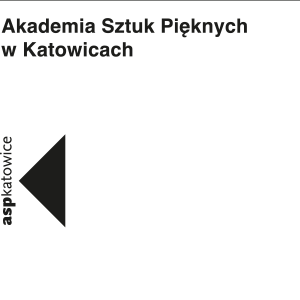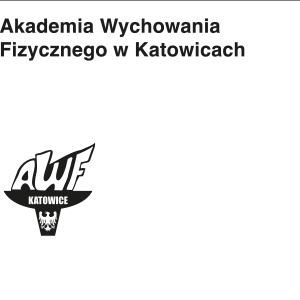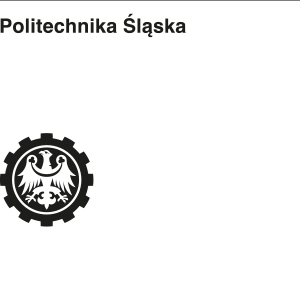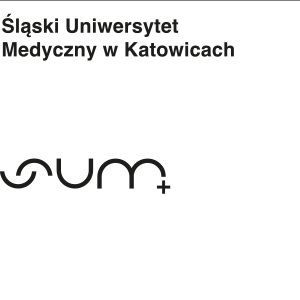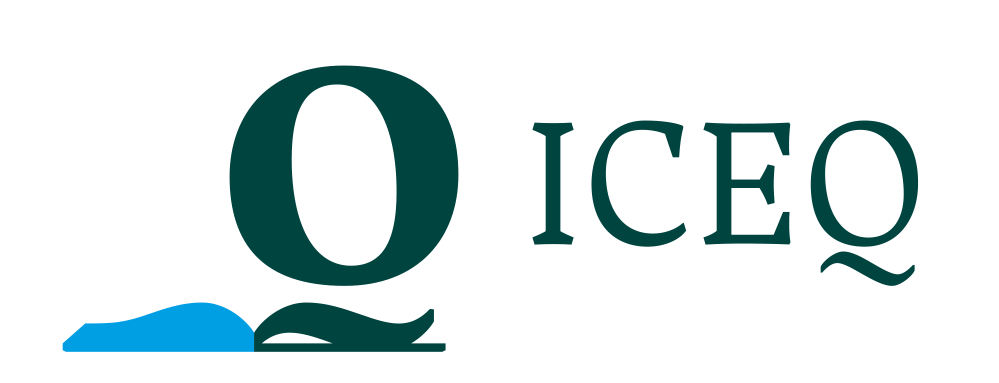
Międzynarodowe aspekty jakości kształcenia, międzynarodowe akredytacje, unifikacje programów kształcenia na płaszczyźnie wspólnoty europejskiej, partnerzy zagraniczni a jakość kształcenia. Przewidziane są także prezentacje wypracowanych rezultatów intelektualnych w ramach konsorcjów międzynarodowych, np. projektów realizowanych w ramach programów: Erasmus+, NAWA, EOG czy też Funduszy Wyszehradzkich.
Lokalizacja:
Blok 1
9.00 — 10.30
↓
Keynote speakers:
Zapraszamy do śledzenia transmisji na profilu Katowice – Miasto Nauki na portalu Facebook: https://www.facebook.com/Katowice2024/
Link do transmisji na portalu YouTube: https://youtu.be/8_jR2xE9Pk4
Blok 2
11.00 — 12.30
Moderator: Marta Mamet-Michalkiewicz
Participants:
Zapraszamy do śledzenia transmisji na profilu Katowice – Miasto Nauki na portalu Facebook: https://www.facebook.com/Katowice2024/
Link do transmisji na portalu YouTube: https://youtu.be/1Rr8zQjkKOk
workshop leaders:
– prof. Stephane Ganassali (University Savoie Mont Blanc)
– mgr Szymon Zdziebko (University of Economics in Katowice)
Opis: W trakcie warsztatów zaprezentowane zostanie narzędzie wspierające pozyskiwanie i opracowywanie danych (statystycznych i jakościowych). Uczestnicy będą mieli szansę przekonać się jak szybko można tworzyć dowolne kwestionariusze oraz jak sprawnie zarządzać pozyskanymi danymi.
Blok 3
13.30 — 14.30
Paweł Zakrajewski, Ph.D.
Degree Programme Director: English Studies
Faculty of Humanities
Paweł Zakrajewski, Ph.D. is an assistant professor at the Institute of Linguistics, Faculty of Humanities University of Silesia in Katowice, Poland. His scientific interests center on LSP – Language(s) for Specific Purposes, discourse analysis, rhetoric, communication (especially new media), translation, cross-cultural & cross-linguistic comparative studies, and language policy. Recently, he has been involved in several projects related to genre and linguistic analysis, and science communication.
Title: E-workshop of a university teacher – problems, trends, solutions
Summary
The main aim of the workshop is to introduce its participants to the Toolbox – an effective and universal set of solutions which can support university teachers in remote teaching. The workshop consists of three parts: 1) presentation of the guide of selected methods of remote work and online verification of learning outcomes, along with the indication of practical and useful digital tools and their implementation; 3) presentation of a set of materials that, due to their universality, can be used in remote classes by teachers from different fields; 3) voices on distance learning – a discussion with workshop participants on their experiences with the implementation of various tools in remote teaching: advantages, disadvantages, and tips for future users.
– Marta Więckowska, Ph.D. (Dean of Faculty of Design, Academy of Fine Arts and Design in Katowice)
Design researcher, manager, design educator, and Dean of the Faculty of Design of the Academy of Fine Arts and Design in Katowice. Since 2008, she has been teaching and developing research methods and studying their impact on the design process. She was a member of the executive team of the Design Silesia project (2010–2013) where she was responsible for the organization of events promoting awareness and best design practices across the public space and business sectors. Since 2017, she has implemented three EU-funded projects that stimulate the development of the faculty. Her mission is to constantly improve the educational process. As Dean, she has launched a new Master’s degree programme named Inclusive Design: Health and Social Well-Being. An enthusiast of integration and unconventional methods of team-building, she is constantly looking for inspiration and new knowledge, recently completing the Leadership Academy For Poland and Inclusive Design training run by The Helen Hamlyn Centre for Design, RCA London.
– Renata Lipczak (‘Universal design as a foundation of design curricula at the Academy of Fine Arts and Design in Katowice: faculty training programme’ project management, Research and Partnership Office, Academy of Fine Arts and Design in Katowice)
Working in higher education since 2005, involved in internationalisation through university partnerships, exchanges, international admissions and EU-funded projects focusing on education and development.
Title: Enhancing the quality of education through various forms of training and international cooperation.
Summary
The presentation will examine the main factors that influence the development of the Faculty of Design (AFAD Katowice), including different training sessions and international cooperation. Implementing EU-funded projects has allowed us to systemically support various forms of academic teachers’ development and to promote the debate on current design trends in Poland and abroad, the role of designers and the desired learning outcomes. We will present the process, the strategies implemented and the main results, with a focus on the impact on the educational process: the quality of the educational user experience, keeping the learning content up-to-date, ensuring first-rate competences of the educators.
The Faculty of Design educational offer in Design focuses on seeking solutions to real current needs based on the knowledge of newest technologies and trends in universal design, sustainable design, visual communication, new media, UX design, service and product design.
The Faculty of Design, Academy of Fine Arts and Design in Katowice, actively engages in innovative projects and the cultural and industrial transformations in Upper Silesia, with its academics and graduates taking up projects significant for the region and carrying out the mission to face and tackle the complex challenges related to the role of design in improving the quality of life, well-being and public health by including users in the design process. In recognition of its scientific, creative and developmental activities the Faculty was ranked in the highest A+ category by the Ministry of Education and Science in 2017, and again in 2022 with the entire Academy.
Blok 4
15.00 — 16.00
Description:
The proposed presentation summarises experiences learned from the Erasmus+ project “Competences in Health Network Management (Com.HeNet)”, which run between September 1, 2019 and August 31, 2022. The project connected 6 partners from different European countries (Austria, Bulgaria, Germany, Hungary, Poland, Spain), who worked together to develop competence profile and curriculum modules for “Health Network Management” with a European standard. Both the profile and curriculum are assumed to enable a health professional to implement and manage a health network (HN) on regional level. The curriculum that we developed was tested through a pilot training with participants representing the proposed target groups of degree holders in health and health professionals. The curriculum modules are expected to get included into higher education and vocational education curricula to enable health professionals to implement and manage regional health networks in EU countries. In the long run, the project contributes to the improvement of regional health services supply structures in EU countries, both by the educational, management-related manner, and the promotion of knowledge about the regional health networks, a relatively new, partnership-based structures expected to improve the access to health services, and to increase the efficiency of service provision. The presentation summarises the outcomes of our work, along with the concrete impact that we have already observed. This includes our contribution to the development of the new edition of public health specialist competence profile developed by ASPHER, and the development of innovative problem-based blended teaching formula that we applied during our pilot training.
Piotr Romaniuk is associate professor at the Medical University of Silesia in Katowice. He is head of the Department of Health Policy and Chair of the University’s Board of Health Sciences. His research interests focus on health systems, health system transitions and different aspects of social and health policies. Piotr Romaniuk has a broad teaching experience in areas related to health policy systems, design and decision-making. His experience includes providing teaching for international students and foreign universities.
Yvonne Behrens is the research coordinator of the Competences in Health Network Management project as well as a research associate in other international projects at the Institute for Health and Social Affairs at the FOM University of Applied Sciences. Her research interests are dementia and migration as well as the promotion of health and social participation of vulnerable groups.
Zsófia Kollányi holds an MA and PhD degree in Social Policy Analysis from Eötvös Loránd University (ELTE), Budapest, and an MSc in Economics from Corvinus University, Budapest. She has been teaching health and health policy-related classes as well as economics at the Faculty of Social Sciences, ELTE for about ten years. Her main areas of professional interest are social and health inequalities, the complexity of health and the challenge of how to channel all these aspects into policy making. She is involved in several research projects, mostly related to community-based, participatory, public health research and development.
Blok 5
16.00 — 16.30
Blok 6
16.30 — 18.00
UROCZYSTE ZAKOŃCZENIE Strefa studencka/przestrzeń wystawiennicza (C.0.15)

